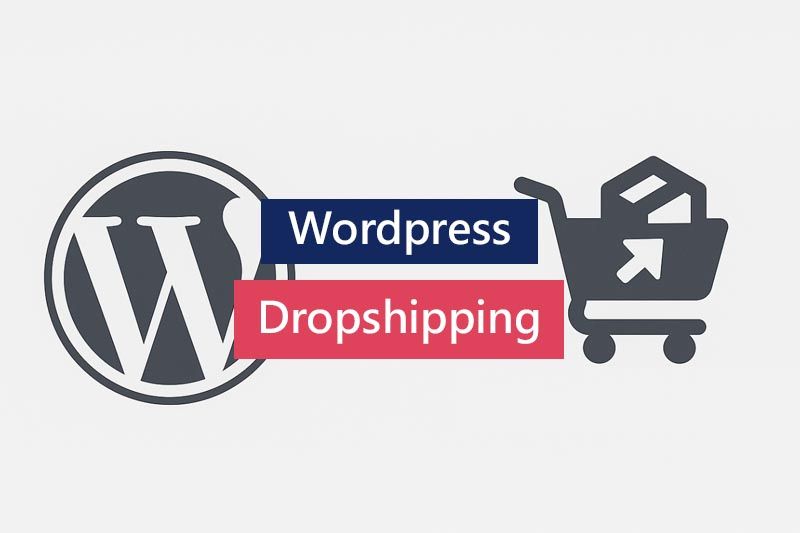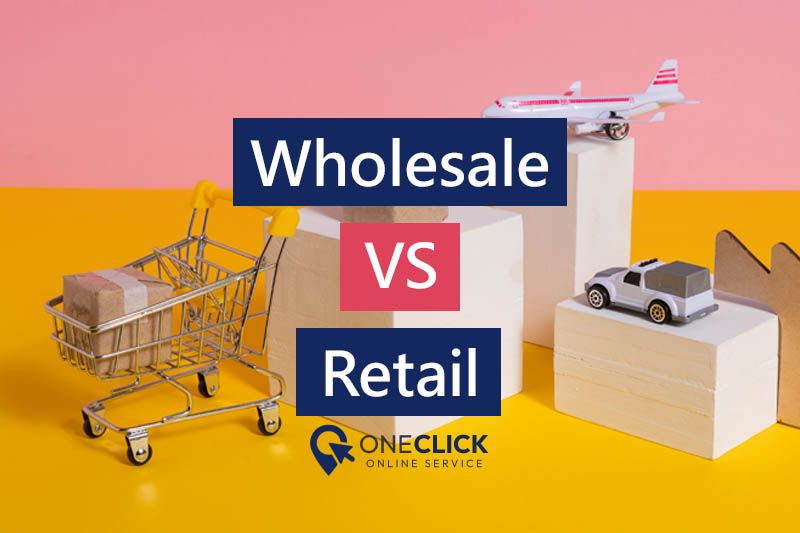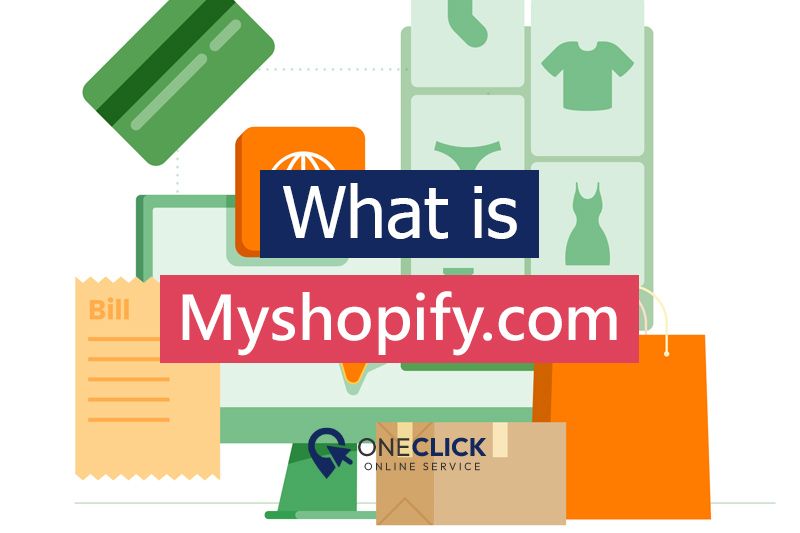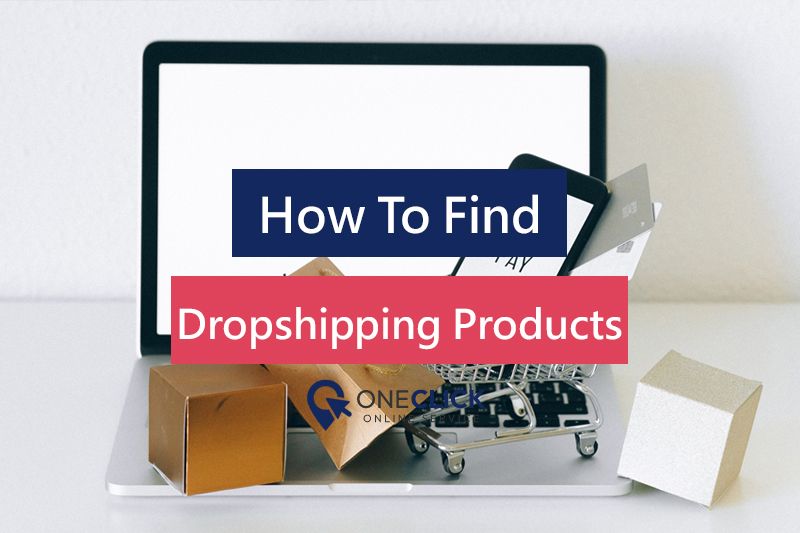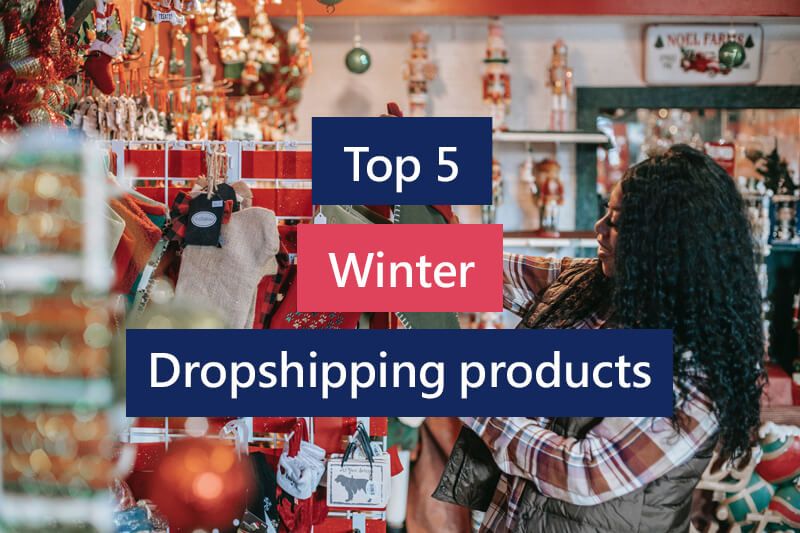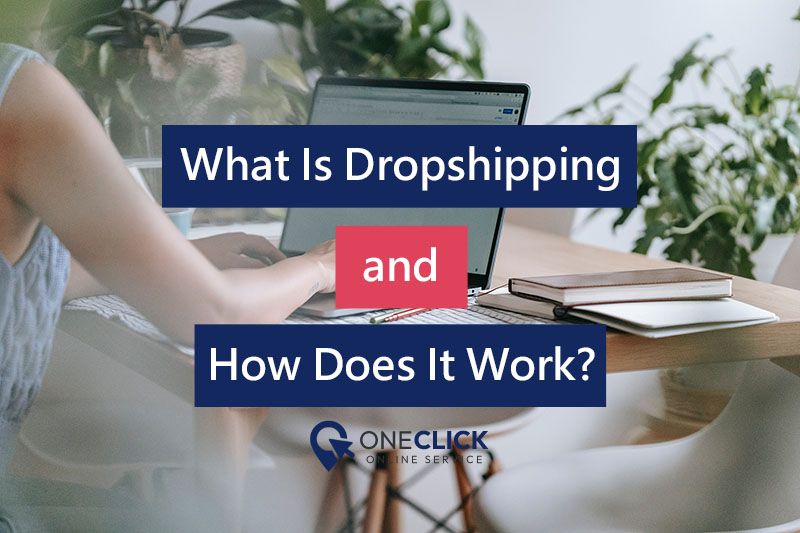11 Tips to Avoid Alibaba Scams (2025)
When sourcing products online, Alibaba is one of the first platforms that comes to mind. With thousands of suppliers and manufacturers, it opens doors to global trade.
But for many newcomers, one question lingers—can you really trust Alibaba?
In this blog, we’ll share updated tips for 2025 to help you avoid scams and buy with confidence.
Is Alibaba a Scam Website?
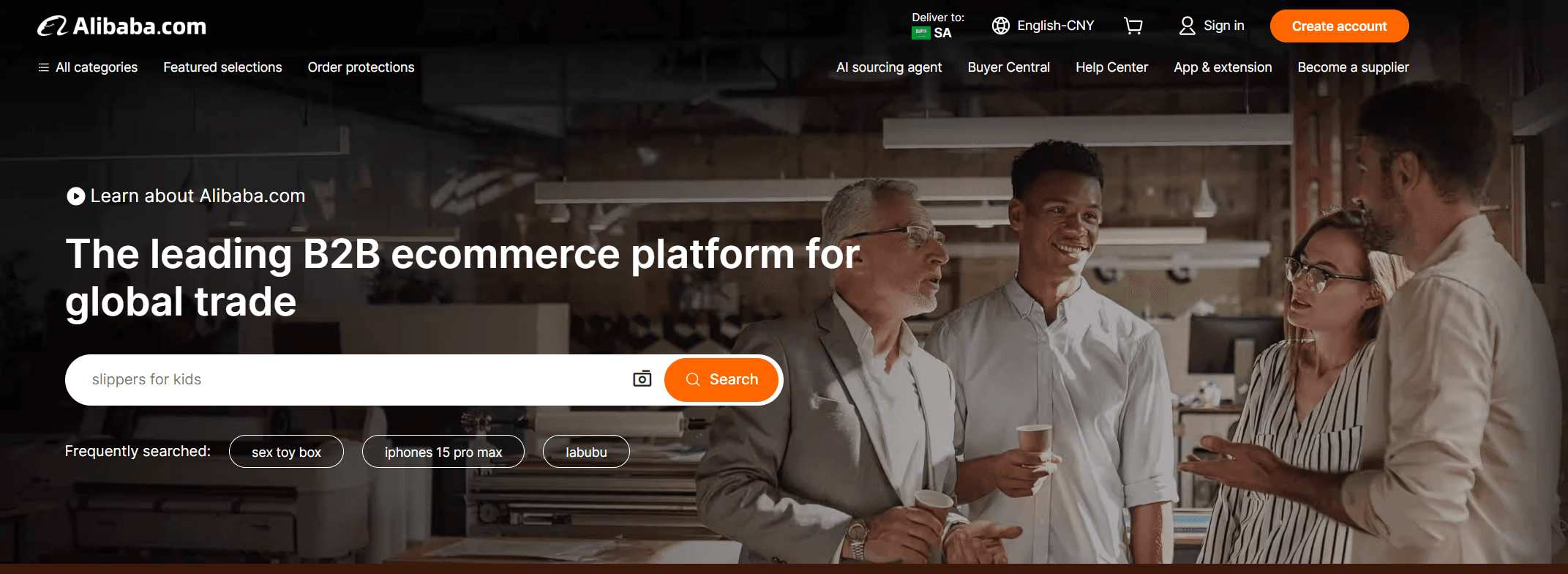
No, Alibaba itself is not a scam website. It is a legitimate e-commerce platform based in China, connecting buyers with suppliers from around the world. However, because it’s a marketplace with millions of users, there are both genuine and dishonest sellers. This means scams can occur if buyers don’t take proper precautions. The key is knowing how to identify trustworthy suppliers and avoid red flags—something we’ll explore in detail throughout this guide.
The Most Common Alibaba Scams
When using Alibaba, most suppliers are legitimate, but a small number of dishonest sellers use common scam tactics to exploit inexperienced buyers. Here are the most common Alibaba scams you should know—and how they work:
1. Bait-and-Switch Scam
How it works: The supplier advertises a high-quality product at an attractive price with professional photos and detailed descriptions. Once you place the order and make the payment, you receive a product of much lower quality or a completely different item.
Why it happens: Scammers rely on the buyer not inspecting the goods before shipment and use misleading marketing to close the sale quickly.
How to avoid it: Always request samples before bulk ordering, and use third-party inspection services before shipping.
2. Fake Brand Scam
How it works: A supplier offers well-known branded items (like Nike, Apple, or LEGO) at suspiciously low prices. These are usually counterfeits or unauthorized replicas. In some cases, the products never even ship.
Why it happens: Counterfeit goods are in high demand, and scammers exploit buyers looking for a “deal.”
How to avoid it: Be skeptical of brand-name products on Alibaba—most legitimate brands do not sell through this platform. Avoid any listings that offer big brands unless you have verified authorization.
3. Fake “Gold Supplier” Scam
How it works: Some scammers temporarily purchase Alibaba’s “Gold Supplier” badge to appear trustworthy. They then collect payments from buyers and disappear before delivering anything.
Why it happens: Many buyers assume the Gold badge guarantees reliability, which it doesn’t on its own.
How to avoid it: Cross-check the supplier’s profile—look for years of operation, verified certifications, trade assurance availability, and consistent product reviews.
4. Overpayment or Hidden Fee Scam
How it works: After an agreement, the supplier suddenly adds “unexpected” fees for things like packaging, shipping, customs, or handling. These are often hidden until it’s too late to cancel the order.
Why it happens: Scammers pressure buyers into paying quickly and take advantage of vague cost breakdowns.
How to avoid it: Always get a clear, written breakdown of all costs upfront and avoid making payments outside of Alibaba’s secure system.
5. Non-Delivery Scam
How it works: A scammer takes payment for goods and never ships them—or provides a fake tracking number. Communication stops once money is received.
Why it happens: New or unverified suppliers may open fake accounts that vanish after a few quick scams.
How to avoid it: Only deal with suppliers who offer Trade Assurance (Alibaba’s buyer protection program), and never send money through direct bank transfers or Western Union.
6. Low-Quality Sample Scam
How it works: The supplier sends a high-quality sample to win your trust, but the bulk order is much worse in quality or even defective.
Why it happens: They invest in a good sample to secure a large order, knowing quality won’t match later.
How to avoid it: Use inspection services before shipment and agree on detailed product specifications in your purchase contract.
11 Tips to Avoid Alibaba Scams
Avoiding scams on Alibaba doesn’t require luck—it requires careful steps and smart sourcing. Below are the most effective, proven tips to help you protect yourself when sourcing products on Alibaba.
1. Use Alibaba Trade Assurance
Trade Assurance is Alibaba’s built-in buyer protection service. It ensures your money is only released to the supplier if you receive the order as agreed (correct quality, quantity, and on time). If there's a problem, Alibaba can intervene and offer refunds.
Scammers often avoid Trade Assurance because it limits their ability to cheat. Always prioritize suppliers who offer this feature—it gives you the power to file claims if something goes wrong.
2. Check the Supplier’s Business History
Look for suppliers with multiple years of activity on Alibaba. Alibaba displays how long a seller has been active, and generally, the longer they’ve been operating, the more likely they’re legitimate. Also check their transaction volume, repeat customers, and response rates.
What to look for:
- 3+ years on Alibaba
- Verified company licenses
- High on-site transaction volume
- Positive customer reviews
3. Avoid Branded Products
If a supplier offers well-known brands like Adidas, Apple, or Disney, it’s almost always a scam or illegal counterfeit. Most global brands do not sell through Alibaba. Genuine brand deals require formal distribution agreements, not Alibaba listings.

Stick to unbranded or private-label products, or work with a factory that allows you to put your own brand on products (OEM/ODM services).
4. Request Samples First

Never place a bulk order without seeing a physical sample. Scammers may send images of high-quality products but deliver cheap or defective goods. A sample allows you to check quality, material, function, and packaging.
Even after sampling, request a pre-shipment inspection for your bulk order to ensure it matches the sample quality.
5. Communicate Only on Alibaba’s Platform
Keep all communication within Alibaba’s messaging system. This way, if there’s a dispute, you have documented proof. Scammers often try to move conversations to WhatsApp, email, or WeChat to avoid traceability.
Alibaba customer service can only support you if the interaction and transactions happen on their platform.
6. Never Pay Outside Alibaba
Scammers often ask for payments via Western Union, wire transfers, or PayPal to personal accounts. These are untraceable and irreversible.
Use Alibaba’s secure payment options like Trade Assurance, PayPal (for samples only), or escrow methods that protect buyers.
7. Use Third-Party Inspection Services
Before shipping a bulk order, especially if it's your first time with a supplier, hire a third-party inspection agency. They’ll visit the factory or warehouse to check product quality, quantity, labeling, and packaging before it's shipped. Cost vs. benefit: Inspections are affordable (often under $150) and can save you thousands in potential losses from receiving unusable products.
8. Be Wary of Prices That Are Too Good to Be True
If a price is significantly below the market average, it's likely a red flag. Scammers often lure buyers with cheap pricing and then disappear after receiving payment—or deliver inferior products.
Compare multiple supplier quotes. If one is dramatically cheaper than others for the same product, proceed with caution.
Here are some popular suppliers to compare with Alibaba:
9. Read Reviews and Ratings

Previous customer feedback gives insight into a supplier’s reliability, quality, and delivery. Look for suppliers with consistently high reviews (above 4.5 stars) and detailed written feedback.
Watch out for:
- No reviews or fake-looking reviews
- Overly generic or repeated feedback
- Lack of detailed ratings (e.g., shipping time, product quality)
10. Check for Business Verification Badges
Explanation: Alibaba offers different verification levels like “Verified Supplier,” “Assessed Supplier,” and “Onsite Check.” These badges indicate that Alibaba or a third party has reviewed the supplier's business license, factory operations, or product certifications.
While these don’t guarantee legitimacy, they add a layer of credibility—especially when combined with other safety measures.
11. Make a Clear, Detailed Purchase Agreement
Before paying, confirm all terms in writing: product specs, color, material, quantity, packaging, delivery timeline, refund policy, and payment terms.
This protects you during disputes. If anything goes wrong, you can prove what was agreed upon.
Scams on Alibaba can happen—but they are avoidable with the right knowledge and tools. By using Trade Assurance, verifying suppliers, requesting samples, and avoiding deals that seem too good to be true, you can protect your business and build strong, long-term supplier relationships. Sourcing should be an opportunity, not a risk.
If you're looking for even more protection and support, we invite you to register on the OneClick app—your trusted partner in sourcing from China. With OneClick, you get direct access to verified suppliers, personalized product sourcing, quality checks, and even branding and packaging services to elevate your store. We handle the details, so you can focus on growing your business.



